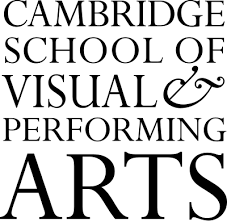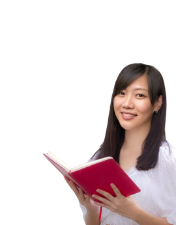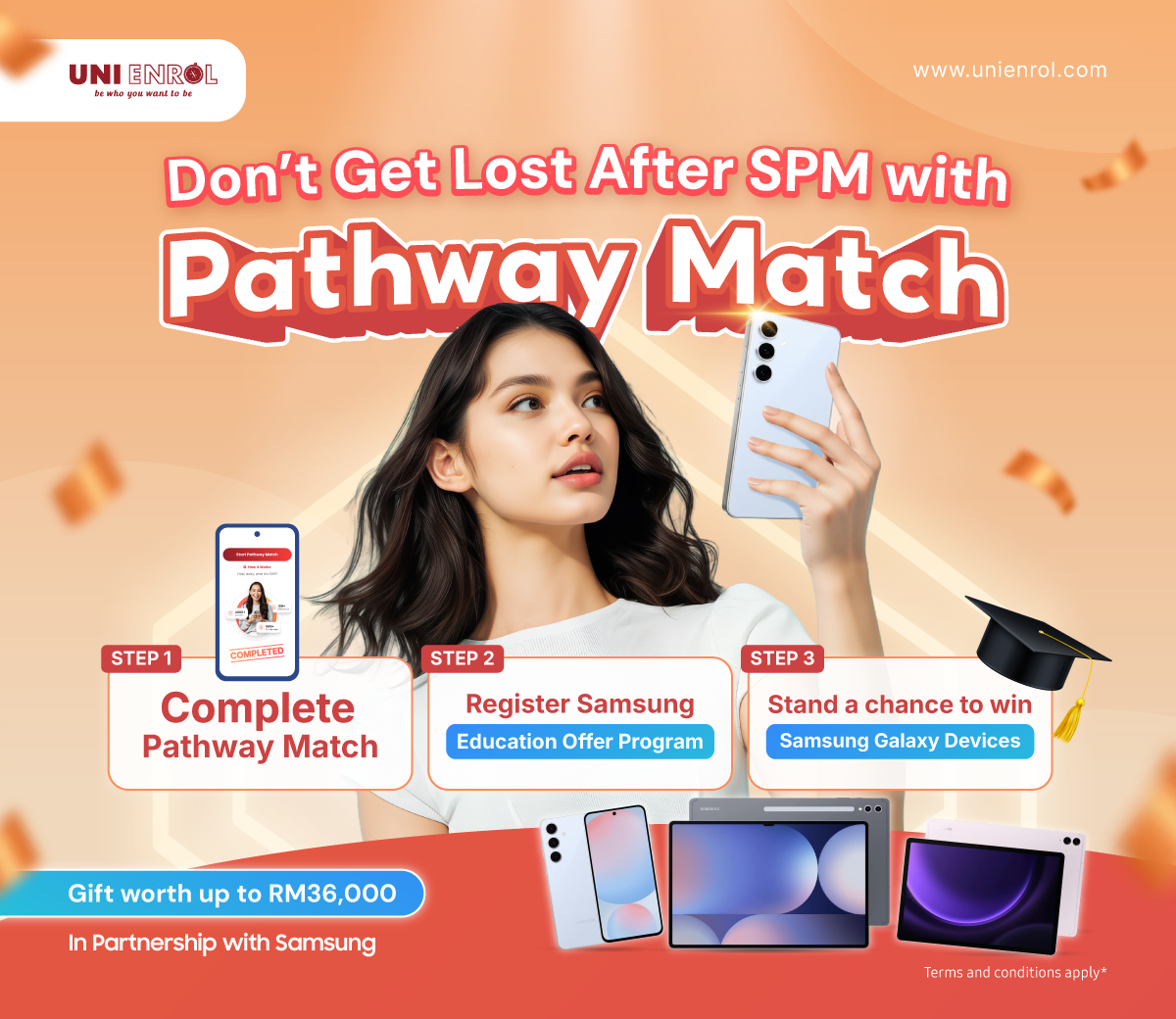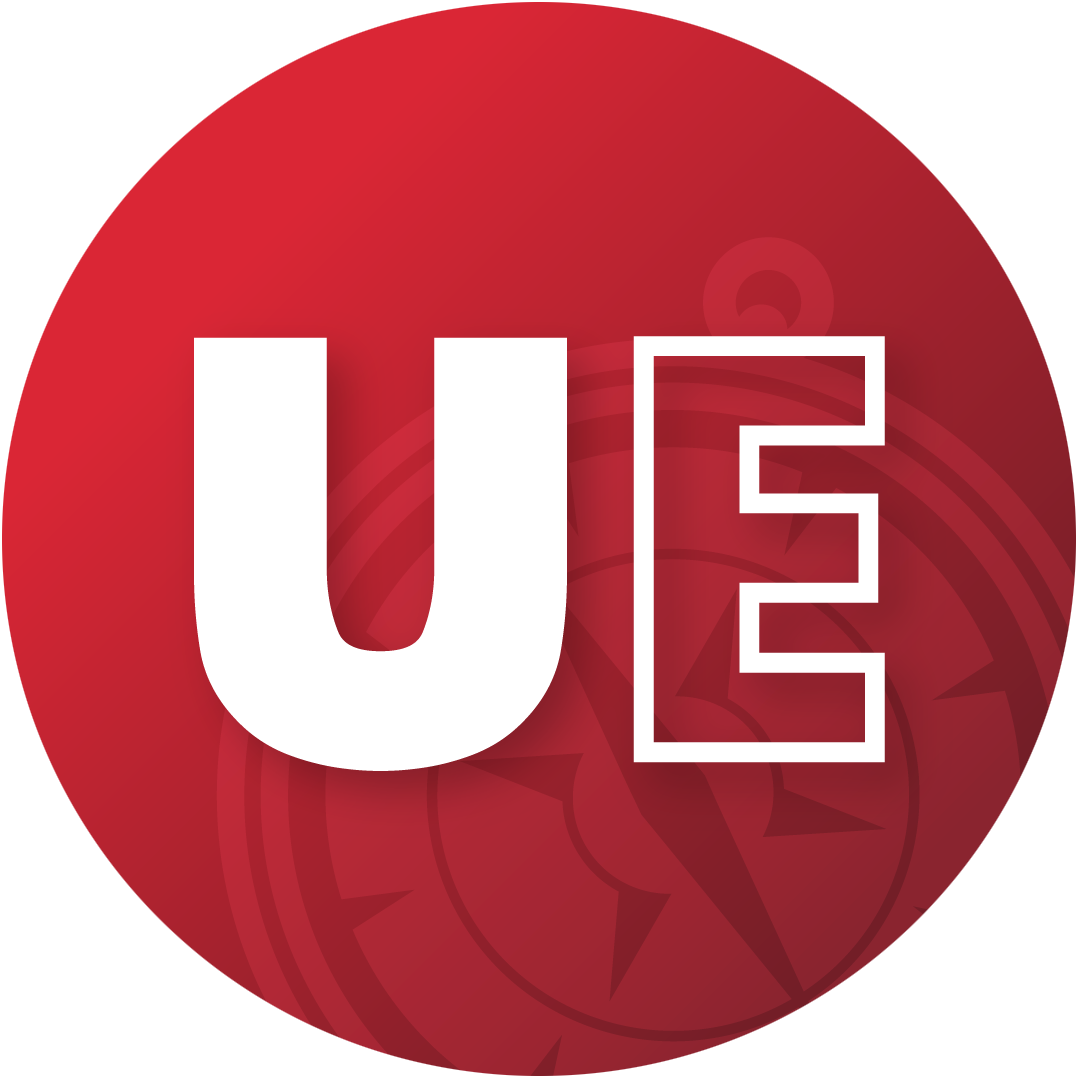Course Content
YEAR 1
First Term: Units 1-4: “Transitions”
“The process or a period of changing from one state to another”
Units 1, 2, 3 and 4 must be taught holistically. Unit 1: Introduction to visual language in art and design. Unit 2: Introduction to research skills in art and design. Unit 3: Introduction to critical and contextual awareness in art and design. Unit 4: Introduction to materials, processes and technical skills in art and design.
You will begin your studies by learning about what The Creative Process is and its stages. We look at how creative people work and set ourselves some goals for the coming year. The emphasis throughout the first term is developing an understanding of Visual Language as a means of communication through a range of different media and processes. Research methods and contextual study is an intrinsic part of the timetable, and this term artists and designers are introduced as both stimuli and to support the development of ideas. The theme of ‘transition’ is used to help guide students through the developmental process with earlier activities informing subsequent ones with encouragement to explore multidisciplinary approaches.
Units 1-4 Practical workshops may include:
- Drawing: Materials and Approaches
- Painting: Colour Theory and Mixing, Acrylic Paint Techniques, Mark making, Collage
- Photography: SLR cameras, Composition and Framing, Adobe Capture.
- Printmaking: Monoprinting, Drypoint Etching
- Graphic Design: Book Cover Design: Image and Text.
- Illustration: Pen and Ink, Photoshop, Surface Pattern Design
- 3D: Paper construction, Cardboard Construction.
- Textiles and Fashion: Hand stitching, Using a Sewing machine, Machine Embroidery, 3D construction
- Animation: Video Sculpture,Stop Frame.
- Presentation: Padlets: E-sketchbooks, presentation boards, hand-made sketchbooks
Second Term:Units 5,6, and 7: “Face, Character, Mask”
As you become increasingly independent and understand how to work effectively through The Creative Process, this term provides more opportunity to self-determine the direction of research. We visit the Fitzwilliam Museum and The Museum of Anthropology to provide opportunities to explore different representations of ‘faces’ in different contexts. Back in the studios, you will practice drawing faces using a range of media and approaches, in both realistic and stylised ways. You will determine a direction of interest and developa 2D character solutionbefore using this solution to inform a 3D solution which will be built using paper and cardboard and presented together with a costume.At this point, the 3D solution is then incorporated into a filmed performance and the 2D solution informs an animation.
Units 5,6,7 Practical workshops may include:
Unit 5: An integrated approach to 2D problem solving in art and design
- Drawing: Materials and Approaches: Character and Expression
- Printmaking: Collographs
- Illustration: Collage, Character Design, Adobe Illustrator
Unit 6: An integrated approach to 3D problem solving in art and design
- 3D: Paper and Cardboard Construction
- Fashion: Costume Design
- Photography: Portraiture and Styling
Unit 7: An integrated approach to time-based problem solving
- Performance Art: Character movement sequence
- Animation and Film: GIFS, After Effects, a filmed performance
Research week
Before the Easter holiday there will be a research week to provide opportunities to visit museums, galleries and exhibitions linked to Unit 8 but also to experience some of the superb Art Museums and Galleries the UK has to offer.Visits may include:
- Harry Potter Warner Brother Studios.
- The Victoria and Albert Museum of Decorative Arts.
- The Tate Modern Gallery London.
- The Design Museum.
- The National Gallery.
- The National Portrait Gallery.
- Kettle’s Yard Cambridge.
Unit 9: Opportunities for Progression in Art and Design
This short unit provides an opportunity to learn more about the specialist pathways you can opt for in Year 2. You will also be introduced to the UCAS system for applying to university in the UK. You will find out more about degree courses and institutions that you may be interested in applying to andlearn about what makes a good apersonal statement and good portfolio when applying. You will practice writing your own statement and preparing a digital portfolio to give you a head start in Year 2. Workshops in this unit may include:
- Photography: Photographing Artworks, Editing.
- Graphic Design: InDesign, Portfolio Design.
Third Term: Unit 8: Developing a Personal Project.
For the personal project, you will choose a theme to research and explore, drawing upon skills, knowledge and understanding gained in previous units to help plan and undertake a range of relevant research activities. In research weekthere are opportunities to visit museums,galleries and exhibitions further afield to support this unit. In addition,you can take advantage of visiting the many museums on offer within Cambridge. To continue to build practical and technical skills,Lecturers from year 1 and 2 will deliver more specialist workshops to help you explore your ideas and develop solutions. You will opt for a selection of these that best suit your own project development. Workshops may include:
- Creative Typography
- Drypoint Etching
- Photographic and Autographic Screen Printing
- Offset Pattern Repeats
- Text and Image Layout in InDesign
- Fashion Photography and Styling
- Digital Printmaking with Texture Masks
- Reduction Linocut
- Ceramics
- Laser Cutting
- Animation using After Effects
The work that you produce for this unit will culminate in an end-of-year exhibition and will be internally assessed and externally moderated by University Arts London Awarding Body.
Course Organisation and Delivery
The Extended Diploma in Year 1 is managed by the Year 1 Coordinator, who will also be one of your lecturers. You will also be taught by one or two other lecturers across the week. All lecturers have significant creative experience and are chosen to teach Year 1 because of their broad skills base and versatile approach. The course uses Canvas, an online learning platform where you will have access to all the course materials including UAL documents, weekly teaching plans, session handouts, presentations and recorded practical sessions. You will also use Canvas to make electronic submissions of your work and access your grades and formal feedback. We use Padlet as an online tool to build e-sketchbooks, which allows lecturers to monitor, support and interact with you. We use Microsoft Teams to deliver sessions online, if students or teachers are required to isolate, and to record practical and digital demonstrations and lectures, so that you can access this information again should you need it.
How the Week is Structured: Weekly Sessions
Contextual and Thematic Studies.
Contextual and Thematic Studies usually begins the week. This may take the form of a lecture/slideshow, or discussion usually followed by related practical or written work and activities. Here you are introduced to artists/designers, concepts and ideas linked to different times, cultures and genres. These sessions are intended to broaden your knowledge, skills and understanding of the wider contexts within Art and Design and provide you with research opportunities and reference materials to support the development of your own practical skills and creative ideas.
Art and Design Workshops.
In the first year, Art and Design workshops will be delivered in a variety of disciplines. The practical and technical skills learned are intended to be as transferable as possible, supporting specialist choices made in Year 2. These sessions will usually begin with demonstrations and health and safety guidance and will cover a range of disciplines (see each Unit ) and focus on key core skills that will support learning and development in whatever specialism you choose in year 2. There is emphasis on working across disciplines and using work in one discipline to inform another. At CSVPA we believe strongly in developing a wide range of skills to support the versatility required of creatives working in professional and commercial creative fields today.
Reflective Studies.
These sessions are later in the week and provide an opportunity, with guidance, to consolidate, document and reflect upon learning taken place across the week. Especially in the first term, guidance will be given to help develop the skills, knowledge and understanding related to managing the creative process; self-evaluation, written language and vocabulary, presentation, and organisation skills in the effective documentation of the e-sketchbook.
Experimental Studies.
All students undertake 2 hours per week of Experimental studies. This course encourages risk taking and work does not have to be submitted for assessment. This course will enable you to develop your personal approach to visual communication through drawing. You will be introduced to both traditional and experimental drawing techniques. In Life Drawing you will be introduced to drawing a live model with comparative measurement as well as the exploration of light, tone, movement and posture.
Assessment:
Units 1-7 and 9 can only attain a Pass or Fail. All units need to be passed to gain the Diploma at the end of the year and progress to year 2.
Only Unit 8 will be graded Pass, Merit, Distinction, Fail. This grade will determine the grade given for the Diploma overall. To help you understand the level you are working at, submissions in the first and second terms (Units 1-7 and 9) will be given a referral, pass or pass + with written comments to identify specific areas of strength and weakness relating to the assessment criteria. This will help you make progress towards the higher grades in term 3 (Unit 8)
Ongoing and Informal Assessment:
Every week, your e-sketchbook will be checked by your tutors and comments added to guide learning, improvements and identify gaps to support progress. Throughout workshops and class sessions, tutors will circulate and provide verbal feedback on work undertaken. Questioning individuals and groups is an important part of assessing students understanding and helps tutors to modify activities to better suit the needs of individuals and the whole group.
Self-assessment:
Students should use the Assessment Criteria and Evidence documents issued for each project as a checklist to help organisation and manage coursework for submission. Weekly written reflections will help to identify understanding and personal areas of strength and weakness and will be key to the dialogue between student and tutor. Peer reviews and group discussions will also aid self-review and provide the group with peer support and exemplars to better understand the standards. Prior to formal assessments,you will need to complete your own self-assessment against the assessment criteria.
Formal Assessments:
There will be a formative assessment usually halfway through each term/project. Work to date will be submitted electronically through Canvas, our online learning platform. Here the progress you have made so far will be assessed against the assessment objectives. Work will be given a referral if it does not yet meet the standards for pass, a pass or a pass+. All assessment criteria must attain at least a pass to attain a pass overall. Similarly, to attain a Merit or Distinction in Unit 8, all assessment criteria much reach that level. You will receive comments to identify specific areas of strength and weakness relating to the assessment criteria. Following formative assessments, improvements can be made to work prior to the summative assessment.
The summative assessment at the end of the term/unit (s) follows the same format as the formative assessment. Any student who receives a referral in the summative assessment will be given a week to complete the necessary work required to achieve a pass level. An individual action plan will be provided with listed evidence to submit/resubmit. Students are not able to progress to Unit 8 in term 3 unless a pass has been attained for Units 1-7.
YEAR 2
In your second year, you will select your specialism subject; your creative process will be recorded in a blog as a reflection and evaluation of your work. You will commence your university application and portfolio with the guidance and support of lecturers.
In the second term, you will continue to focus on your chosen subject and develop a portfolio for university interviews. Fashion students will stage a fashion show.
In the final term all students will undertake a research week when trips to relevant creative sources are arranged and industry professionals are invited into college to inspire and inform your self-directed project. This will be showcased at the end of term.








